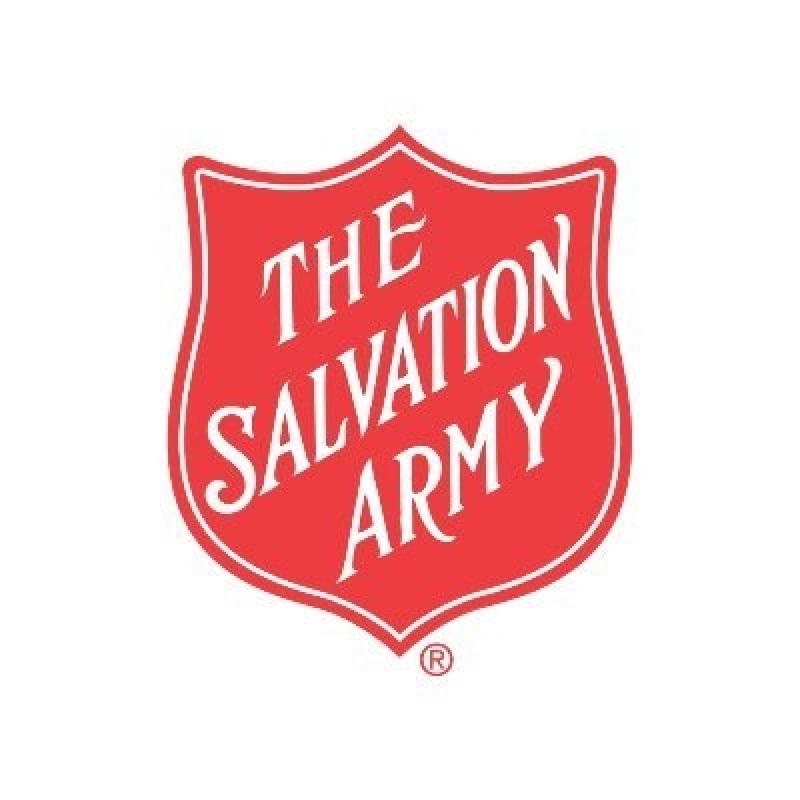
A recent survey conducted on 1,200 registered voters in America by Rasmussen Reports and RMG Research showed that a number of Americans have changed their perception of the charitable organization Salvation Army after it released a "Let's Talk About Racism" initiative in November. The Christian charity's racial guide was pulled after it was not received well by the public.
According to the Christian Post, the Salvation Army, which is one of the most well-known Christian charities globally, published a document called "Let's Talk About Racism," which the organization described as "a resource guide developed to guide The Salvation Army family in gracious discussions about overcoming the damage racism has inflicted upon our world."
The document was immediately met with backlash, specifically from Color Us United, an advocacy group that was also part of the Rasmussen Reports and RMG Research survey. Color Us United called the document "a national campaign to advocate for a raceblind America" and alleged that Salvation Army was promoting critical race theory through its racial guide, which featured works by proponents of the controversial movement as part of its recommended readings.
The Rasmussen survey asked respondents between December 6 and 8 how they viewed the Salvation Army before and after they found out about the racial guide issue. At first, 81% of respondents said they had a "very favorable" or "somewhat favorable" view of the Salvation Army before learning about the "Let's Talk About Racism" guide. Conversely, only 11% had a "somewhat unfavorable" or "very unfavorable" opinion about the charitable organization.
The respondents were then informed that the Salvation Army's "training materials ask their white members to consider repenting for the 'sin' of racism" and that their "new Diversity, Equity, and Inclusion program presents the view that America is a structurally racist society." The survey then asked if the respondents were "more or less likely to donate to the Salvation Army" after learning about the racial guide.
Results showed that 28% said the racial guide did not affect whether they would donate to the Salvation Army. The survey then asked respondents to re-evaluate their opinion on the Christian charity "knowing that the Salvation Army is training members in the belief that America is a structurally racist society." The rate of those who viewed the Salvation Army as "very favorable" or "somewhat favorable" decreased by almost half, from 81% to 41%. Meanwhile, those who said they had a "somewhat unfavorable" or "very unfavorable" view increased from 11% to 41%.
Color Us United launched a petition opposing the "the insertion of politically charged racial ideologies into The Salvation Army's good work," which has garnered 17,000 out of its targeted 25,000 signatures so far.
The Salvation Army released a statement explaining the racial guide issue, saying that it was "never our intention" for Americans to believe "they should apologize for the color of their skin" and that the organization "may have abandoned its Biblical beliefs for another philosophy or ideology," Fox News reported. They have since taken down the racial guide from their website "for appropriate review."






















